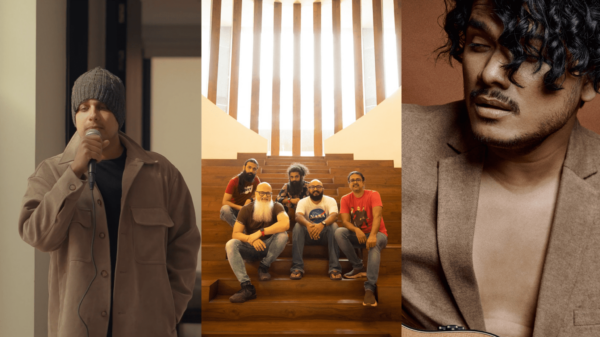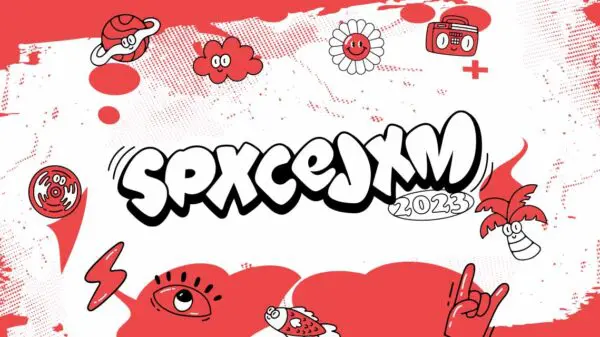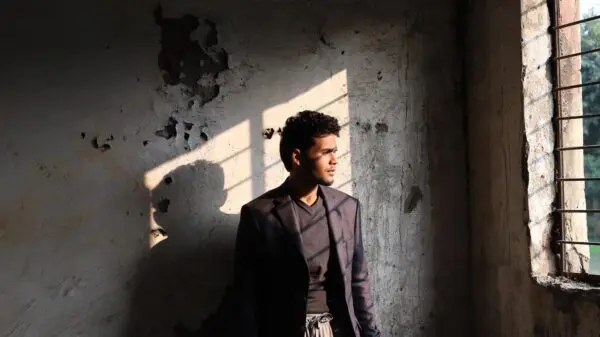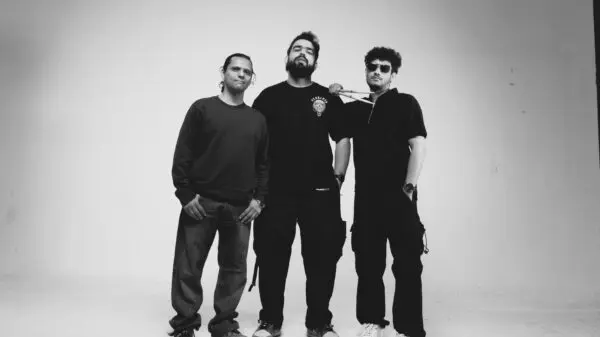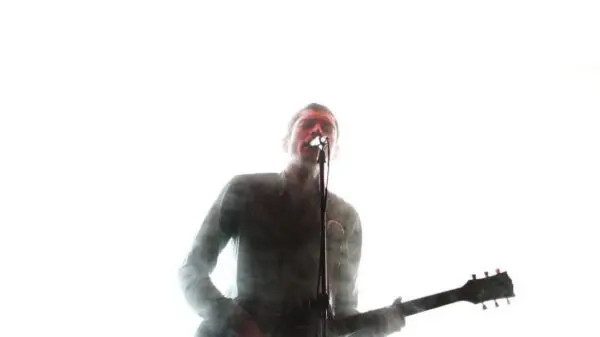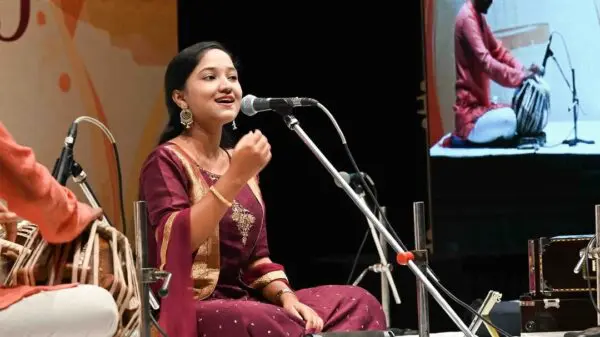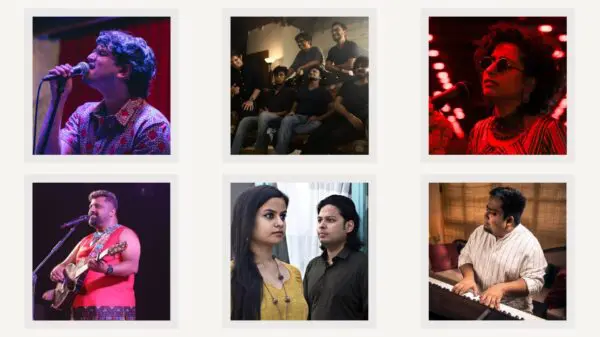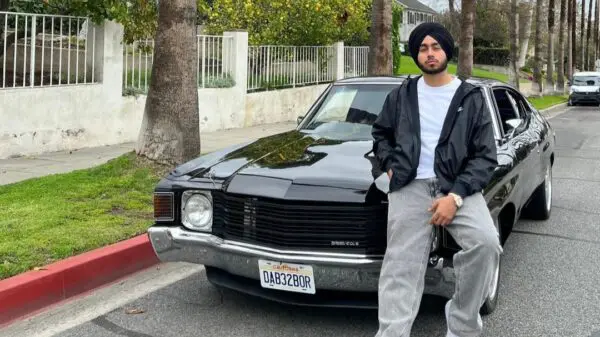“King Of The Streets” is the third studio album of the Bombay-based rap star Emiway Bantai. Having one of the biggest audiences in the scene, Emiway Bantai is known as one of the most popular solo rappers. His latest project is released by his very own brainchild Bantai Studio on the 9th of June. The album was released after a rather controversial and the lengthiest track, “King of Indian Hip Hop,” that dropped earlier that week. The track was labeled as an “Industry Diss” and received a lot of backlash from the audience. The track had diss bars targeted toward MC Stan and some subliminals at Badshah. Some people believed that this was a part of the album rollout and clout campaign.
“King Of The Streets” has 17 tracks that last almost an hour. The track only has two features from Young Galib and V Break. Emiway Bantai has also mixed and mastered the whole project and featured different producers as well. 4 tracks, including “Company,” one of the most popular ones this year, rolled out with Music Videos months before the project’s release.
One can’t say that this album saw a different side of the artist. Some of the story isn’t new to his audience, however, tracks like “Chhod Dala,” “Survive,” and “Rule no. 123” were standouts from his nominal style. The album features a different take on his rags-to-riches story. He preaches about hope, success, changes in life, and the power the hustle holds. In the track “Chhod Dala,” he focuses on drugs and their repercussions and how he had a hard time leaving them for good. The album delivers a positive and life-changing message for the younger audience that encompasses most of the DHH demographics.
Thematically, Emiway sticks to his comfort zone in most of the tracks. He executes flex bars as he talks about how luxurious his life is now, relates this with his past, and boasts about his success story. Some of his bars are in English, and the delivery and setting seem to resemble a lot of western rappers. While this is not something that is not up to scratch, a part of the audience wouldn’t exactly find him doing something never done before. Lyrically, his pen game in some of the tracks is quite immaculate. Emiway being a flow-based rapper, crows his mastery throughout the project. A lot of his choruses and hooks are worthy of appreciation as well. The interludes of the album are quite on point with the collective message he is trying to convey.
Sonically, the album is refreshing. The production of the album is quite good. Some of the tracks have the potential to create mosh pits. The heavily sampled beats make the album bop worthy and increase the replay value. Well-constructed melodies and their implementation in the songs make the album all the more beautiful. However, a few instances lack clarity, and the structuring is quite questionable, especially in “King of Indian Hip Hop.”

The concept of “King Of The Streets” revolves around street life and how hard it is for people to grow in those conditions. He is seen talking about how he was often downgraded for being the type of youth he was when he entered the industry. It is a testament to his success and a solid answer to all the people who question him, and it is a story of a kid who rose from the streets of Bombay to the now rap star he is. The cover art of the album aptly captures this theme. Emiway Bantai, who is well dressed (foreshadowing the now luxury he enjoys), seems to be standing in a slum protecting a boy who seems to be a part of the slum. The catch here is that the boy has a crown on his head. This can be interpreted into a lot of different theories!

